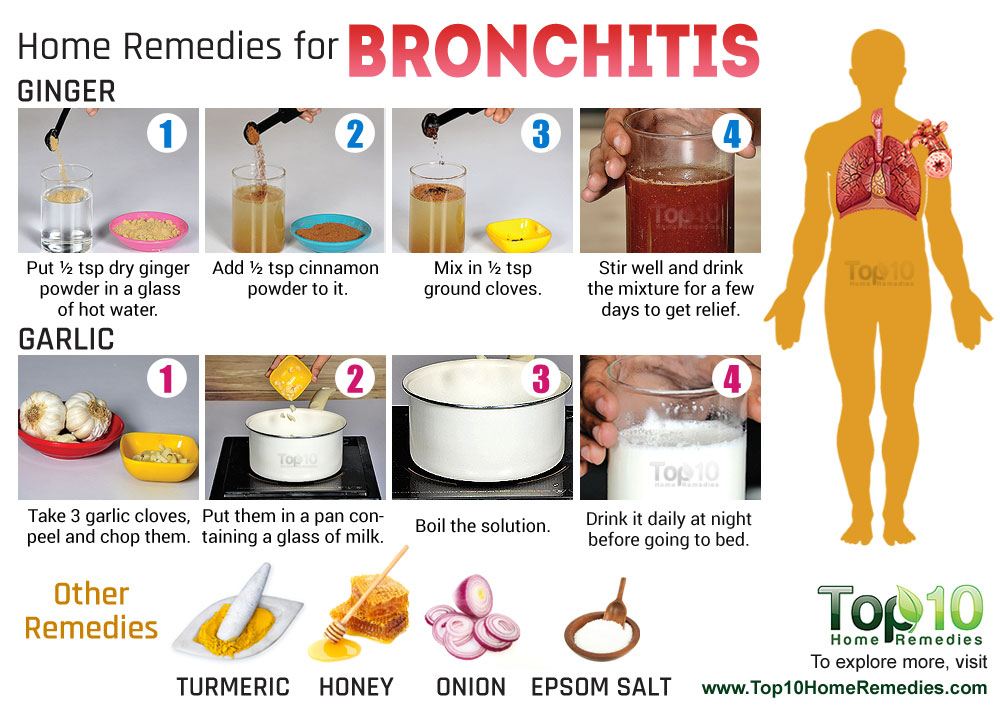Common Cold Medications For Coughing Cures

Cold medicine is usually prescribed for people with colds, coughs, bronchitis, or other respiratory problems. There is no conclusive scientific evidence that cold medications reduce the severity of a cough. Cold medications do relieve the symptoms of the common cold and other conditions associated with the common cold, and may relieve pain associated with the common cold. However, there is no evidence that cold medications prevent or reduce the frequency of recurring colds. In fact, a study by the National Center for Complementary and Alternative Medicine (NCCAM) at the National Institutes of Health found that there is no evidence that any cough suppressant, at least for the duration of the common cold, reduces the severity of the common cold.
On the other hand, natural cough suppressants significantly reduce the frequency and severity of colds and respiratory infections. Natural foods are also effective in reducing and eliminating mucus formation, which helps prevent colds. However, a recent study published in the American Journal of Preventive Medicine found that natural cough suppressants are ineffective in reducing the severity of the common cold or controlling its occurrence. The researchers concluded that there is no conclusive evidence for or against the effectiveness of natural cough suppressants. This is an important issue because a cough can have several causes.
Cough suppressants containing ephedra have been shown to reduce the severity of coughs. These products were available both prescription and over-the-counter. The studies that determined the effectiveness of these cough suppressants were carried out in animals. However, the FDA report concludes that no clinical trials have been conducted on these products, so the effectiveness of these products has not been established. Therefore, ephedra users must rely on testimonials and their own observations to determine if these medications are working.
Most often, paracetamol is prescribed. Paracetamol is available as a tablet or liquid spray. When taken with food or milk, paracetamol helps with minor coughs. Unfortunately, research shows that paracetamol is not effective at reducing the severity or frequency of colds.
Another cold medicine that is sometimes prescribed is cough suppressants containing guggulipid. and aminophylline, which act in a similar manner to aspirin. They are effective for treating mild to moderate coughs and are often prescribed for the treatment of acute colds and for the treatment of recurrent or acute colds and flu symptoms.

The most popular brand of cough medicine in the United States is Sudafed, which is available both over the counter and prescription. Sudafed reduces the number of coughing fits. But it has not been approved by the FDA for the treatment of the common cold. The manufacturer recommends that patients taking Sudafed take the medicine only for a typical cold attack.
Because all of these cough medicines reduce the frequency and severity of colds, most doctors do not recommend taking them for long periods of time unless absolutely necessary. If you are allergic to aspirin or any of the ingredients in these cough medicines, you should consult your doctor before starting any treatment, whether prescription or over-the-counter. Many people are allergic to aspirin and should avoid taking aspirin during an allergic reaction.
Some people take their own cough medicine by snacking on cough medicine after meals. However, it is important to be careful when taking cough medicine without consulting your doctor. If you are taking aspirin, always read your dosage carefully and never stop taking it right away. You also should not try to self-medicate and should seek medical attention if you have a serious allergy.